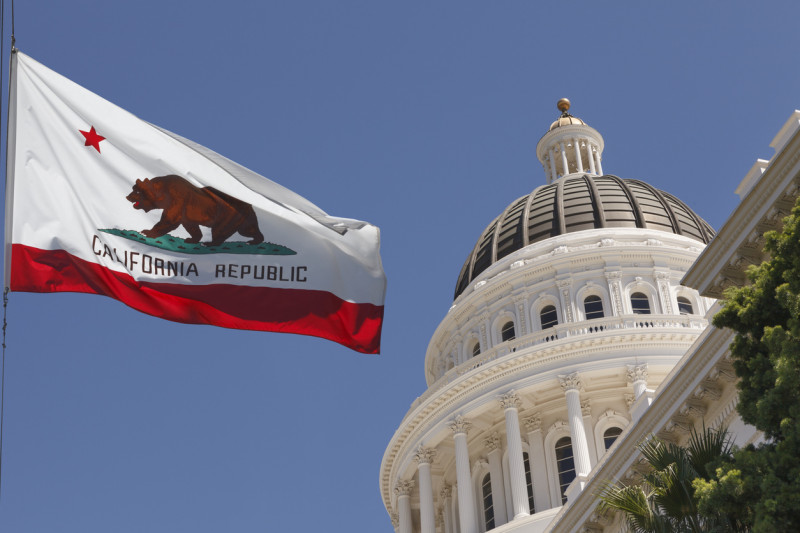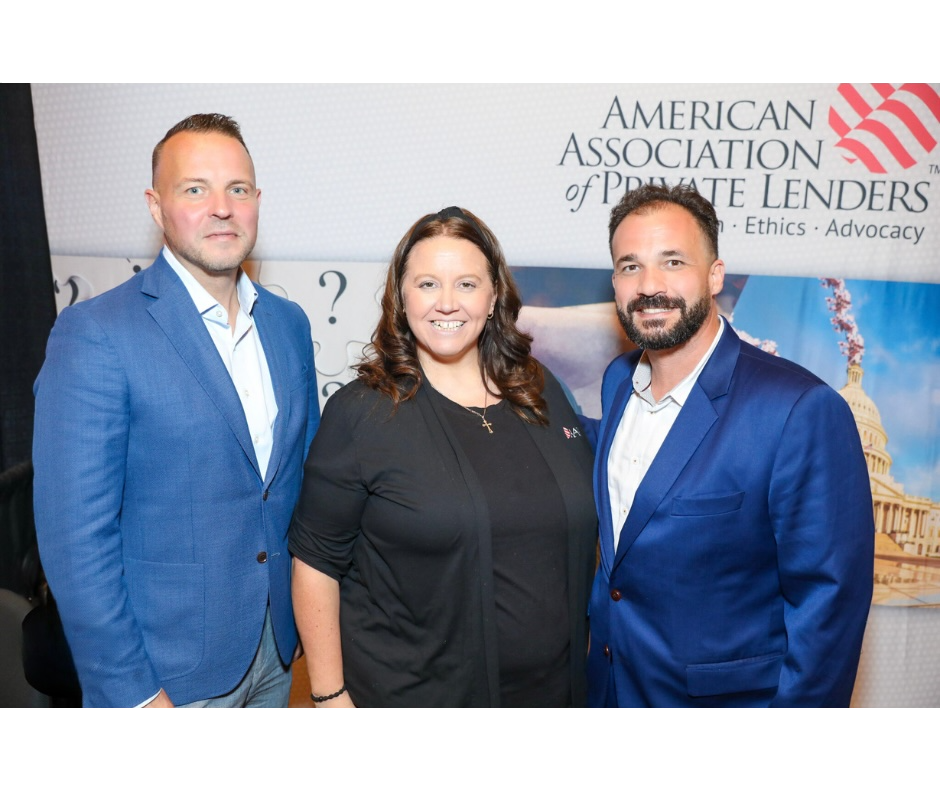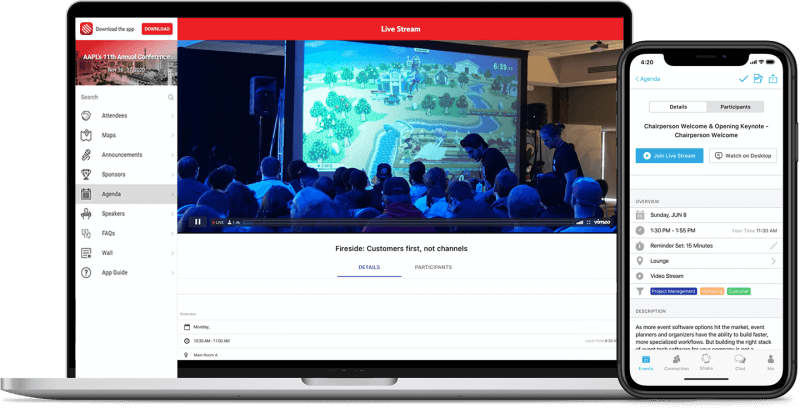On August 31, 2020, AB 3088, known as the Tenant, Homeowner, and Small Landlord Relief and Stabilization Act of 2020, was signed into law. The law goes into effect immediately. AB 3088 is an omnibus bill that incorporates many smaller tenant and landlord protection bills. The American Association of Private Lenders and its general counsel, Geraci LLP, has fought the passage of these bills, which included AB 828, AB 2501 and most recently with AB 1436. The bills failed to pass individually.
The previous legislation included foreclosure moratoriums, mandatory lender forbearances and a litany of other attacks on the mortgage lending industry. Due to AAPL and Geraci’s combined efforts, along with other reputable mortgage associations, AB 3088 did not include many of the harsher measures, with the action it does take likely having minimal impacts to many private lenders.
The outcome of the act is especially reassuring for those concerned about possible snowball effects of such legislation.
“California law is traditionally stricter on the mortgage lending industry than other states,” said Nema Daghbandan, Partner and Department Head of Banking and Finance at Geraci LLP. “The fact that only a watered-down version of the proposed legislation passed in California even in the midst of the pandemic sends a message to other states watching the law’s progression as they plan their own responses.”
The main takeaways from AB 3088 are as follows, with a more detailed review here.
There is no mandatory forbearance requirement.
- If a Covered Borrower requests a loan forbearance, the lender/loan servicer may deny the request so long as the lender/servicer provides the reason(s) why the request was denied along with any curable defects in the request. For example, if the denial is based on the fact that the borrower failed to provide bank statements to demonstrate hardship, then the lender would need to state that the request will be re-considered upon receipt of bank statements.
- A Covered Borrower is an individual borrower, or entity borrower (so long as the entity is not a corporation, or an entity owned by a corporation) with a loan secured by 1-4 family property. This requirement applies to business purpose and consumer loans.
California expanded its Homeowner’s Bill of Rights.
- Previously, first position consumer mortgage loans were required to go through a notification period with the borrower prior to recording a Notice of Default. The lender had an affirmative duty to attempt to contact the borrower to notify them of their default and potential to lose the property through foreclosure.
- This legislation expands the early intervention notification requirements to all loans secured by 1-4 family properties that are occupied by tenants if the tenants are unable to pay rent due to a reduction in income related to COVID-19.
- Generally, compliance with HBOR adds 30-60 additional days to the California foreclosure process.
There are NO foreclosure moratoriums anywhere in the bill.
- Mortgage lenders may continue to foreclose in California but will need to make sure that they comply with additional notice requirements under the Homeowner Bill of Rights for 1-4 family residential property occupied by tenants.
For private lenders looking for assistance on handling forbearance and deferral requests during the pandemic and its aftermath, AAPL and Geraci LLP have developed a forbearance request guide and fillable forbearance request form. More resources may be found at aaplonline.com/covid19. Contact Nema Daghbandan (nema@geracillp.com) or Melissa Martorella (M.Martorella@geracillp.com) at Geraci LLP for additional guidance.












So if a tenant says they can’t pay so they have to give the landlord bank statements to show they are broke?